Spill the Beans on the Coffee
by Vishal
23/05/2022 5 min read

Funding is not just skyrocketing in coffee but also coffee making machine market- how is the culture changing?
Since the pandemic began, extra work has taken a backseat and convenience is being treated as a precious gift. When we talk about convenience, Coffee pods and capsules, as well as instant coffee, are becoming increasingly popular among the general public as a convenient way to make good coffee at home in less time. For example, according to a survey conducted by the National Coffee Association, more than 70% of consumers in the United States prefer at-home coffee preparation. Also, Colombia was the biggest coffee trading partner of the United States in 2020, with the U.S. importing US $1.21 billion worth in that year. Brazil, another South American country known for its coffee tradition, was second, exporting over US $1.16 billion of coffee to the U.S. in the same year.

When we combine convenience, coffee, but also better taste and quality, what do we get? Solution presented in the form of a Coffee machine.
Coffee machines can perform a variety of brewing methods. Be it the ones in an office space, or for commercial consumption, and home, the growing technology in these coffee machines saves time and has a direct impact on the taste of coffee.
The IoT and connectivity trend is so strong that by the end of 2026, the Super automated coffee machine segment will have grown the most in terms of volume, with over 2,600,000 units sold. Furthermore, during the forecast period, the super-automatic coffee machine type segment is predicted to grow at a rapid rate.
In terms of volume, the café end-user category is predicted to increase significantly, with over 1,000,000 units expected to be sold. Demand for coffee machines is increasing because of the growth of coffee culture or the proliferation of coffee cafés. The United States is well-known for creating major coffee-shop brands such as Starbucks, Dunkin' Donuts, Caribou Coffee, and others. As a result, it should come as no surprise that the market size of the United States coffee shop business reached US $47.5 billion in 2019, representing a 3.3% increase over the previous year. However, the business was severely impacted by the coronavirus pandemic in 2020, resulting in significant shutdown of coffee shops around the country to limit the virus's spread. This resulted in a 24% decline in market value that year.

To know more about the market opportunities by region and country, click here
Is the emergence of the coffee machine trend, from the branded stores?
In the past couple of years, Starbucks has managed to open about 33000 stores worldwide and plans to open 2000 more in the year 2022. With over 33 thousand Starbucks stores worldwide in 2021, the company expanded to become one of the world’s leading coffeehouse chains. During that same year, Starbucks’ total assets amounted to approximately US $31.39 billion. This figure represents an increase of roughly US $2 billion when compared to the previous year’s total of US $29.37 billion in 2020.

**Other includes royalty and licensing revenues, beverage-related ingredients, ready-to-drink beverages and serve ware, among other items.
Figures have been rounded.
On the other hand, Mc Donald’s after seeing their Mc Café’s become a huge success, with a presence of more than 35000 stores worldwide, now targets to open about 4000 stores alone in China in the year 2022.
Another massive café brand Tim Hortons is planning to go public in China in a deal that could rapidly speed up the chain's rollout in the growing coffee market, with plans to open more than 2,500 new locations in the coming five years.
This signals that even though various micro-and macro-economic issues are generally indicating towards limiting the growth of the automatic coffee machine industry, the growing need for the fast delivery of hot beverages and food goods has prompted manufacturers to integrate, resulting in technological breakthroughs in automatic coffee machines.

This considerable coffee-oriented café boom is not just happening with the major brand names out there but a lot of other brands and retail partners, be it small or big are following the same path.
The question is- Why is this happening?
- There are several factors which are currently driving the market, including rising demand for certified coffee products, consumer acceptance of single-serve coffee brew systems, and constant innovation led by top coffee players. For reasons of quality and flavour, some consumers in developed economies are expected to switch from instant coffee to more premium options.
- The coffee shop market is booming, with a large number of cafes being created around the world. The popularity of western brands like Starbucks and Costa Coffee has grown dramatically as cafes and speciality coffee shops provide extra features such as distinctive service, breakfast alternatives, and improved coffee quality.
- The next is growth in the coffee machine market. Coffee machines, no doubt, are the most important equipment in this business sector. The coffee machine market is anticipated to progress at a CAGR of 4.4% over the next ten years. The global fully-automated coffee machine market was worth € 1,561.6 million in 2020 and is predicted to grow at a CAGR of 4.4% to € 1,944.5 million by 2027.

So, as these major brands grow their presence all around the world by expanding their stores, the success of these coffee shop brands is critical to the growth of the coffee machine market.
How are the coffee machines becoming helpful?
Acquisition of a coffee machine is based on cost, coffee volume, and consumer sentiments attached to the brands. To cater to these feelings and always stay on top of the recall list of their consumers, brands prefer to ease their process out through Automatic or semiautomatic coffee machines.

Internet of Things (IoT), Big Data, and touch screens are among the most recent technological developments implemented into coffee machines for the hospitality business, with integrated Wi-Fi and Bluetooth connectivity.
Over the last several months, innovative coffee machines have hit the market, such as Gaggia Milano's 'La Radiosa' (Quality Espresso), a super-automatic with integrated Wi-Fi and Bluetooth connectivity that allows for complete control over the equipment and its applications.
Another example of a cutting-edge professional coffee machine is Iberital's 'Vision' model, which has won six accolades for its design and advancements. According to the Barcelona-based maker, this is no ordinary-looking coffee machine because it contains a tablet with a user-friendly app for controlling all machine settings, saving time and offering the barista enormous versatility.
What are the growing markets for coffee machines?
When we talk about the growing coffee machine market, the growth is not only limited to the B2B sector focusing on the major brands that are coffee oriented but there is also a substantial growth observed in fast food chains and smaller outlets which cater to the needs of time-pressed consumers across major countries.
The market for fully automated coffee machines installed in cafes end-use segment was valued at € 276.2 million in 2020 and is predicted to grow at a CAGR of 4.6% to € 337.4 million by 2027

Apart from these smaller outlets, there is a huge surge in demand for freshly prepared coffee stemming from convenience stores and bakeries. To be precise, coffee lovers love to stop for a freshly brewed, quick served and high-quality coffee cup at the convenience stores making it the prime destination for the growth of automatic coffee machines.
Fast food and the F&B chains have also started putting good quality coffee as one of the items on the menu which is inducing the manufacturers in this space to introduce multiple and convenient models of coffee machines.
But why is there such a sudden surge in demand?
Or another question to ask is; what stimulated these major brands, convenience stores, Fast food and F&B chains to expand rapidly and thereby rely on the automatic or semi-automatic coffee machines as their saviour?
The answer is rapidly growing coffee consumption. In 2017, the National Coffee Association (NCA) stated that 62% of Americans drank coffee daily.
Demand for speciality beverages, such as coffee, has increased dramatically in recent decades due to an expanding number of sophisticated consumers and an evolving appetite for gourmet variants. Not just any coffee consumption, but speciality coffee consumption has surged dramatically in recent years.

Europe also has a thriving coffee market, with one of the highest levels of consumption in the world. Coffee consumption is increasing dramatically in emerging countries with large populations of millennials.

According to the International Coffee Organization (ICO), coffee consumption in China is increasing at a rate of 15% per year, compared to 2% per year in North America and Europe.
Consumers prefer coffee machine coffee to hand-brewed coffee due to the increased popularity of coffee and a preference for specialised coffee variations. This pattern has resulted in a significant increase in coffee machine sales.
Despite, the pandemic, coffee sales in global markets remained strong, thanks in part to the consumer propensity of stockpiling essentials. As a result, beverage sales increased by 4.4%. Nestle claimed that its coffee brands, including Starbucks, Nescafé, and Coffee-Mate, rose at a 'high single-digit rate' in 2020, accounting for 7.4% of the company's organic sales. As of 2021, the leading coffee brand by sales in the United Kingdom was Nescafé. Nescafé generated more than 42 million British pounds in the sale of coffee, more than three times the amount generated by the leading competitor. The leading competitor, Kenco, generated approximately 13.8 million British pounds in the sale of coffee that year.

It's just not the increased consumption of coffee or other beverages in question, but altogether a growth in technology that is leading to a greater increase in customer experience. Slowly and gradually with everything digitising and dependency on people decreasing, the use of IoT is becoming habitual.
What are the right areas to invest?
From your smart apps on mobile phones to smartwatches, the future automation of café’s is not far away. In fact, it has even started in some cities of the western developed region and will slowly catch up across the globe.
As of now, Thermoplan International has a high probability of turning into a star for any investor due to its quality with stringent control checks and also diversity of coffee content and types of coffee it provides while facing a healthy amount of competition from its competitors. With a total revenue of 250 million euros recorded in 2019, it is one of the leading organisations to supply automatic coffee machine.
SkyQuest provides market insights that fuel your growth. Our insights are a base for you to innovate and understand the needs of your consumers. Reach your goals with data that will give you deep-rooted insights into your industry.




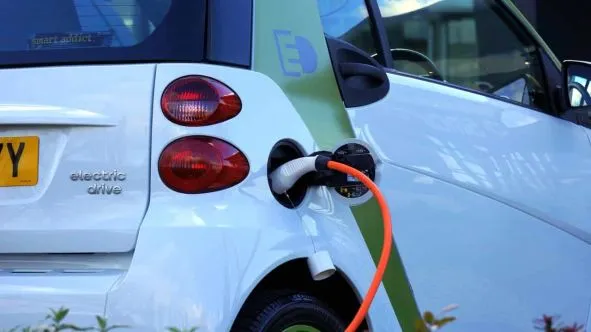



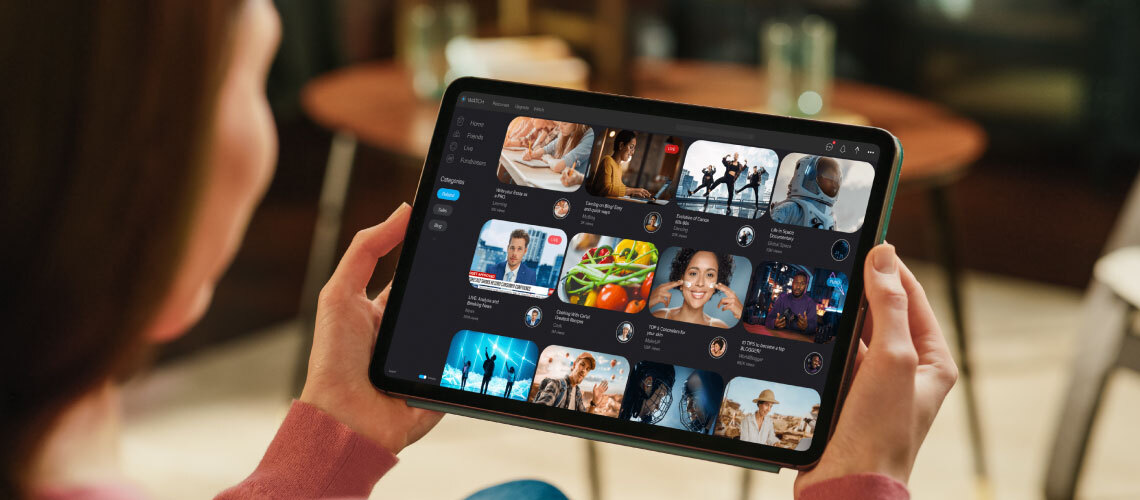






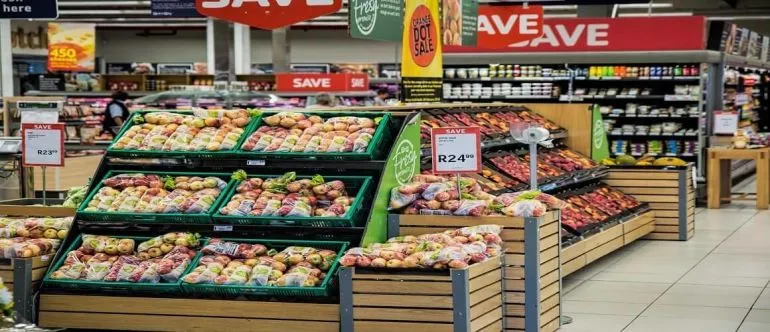



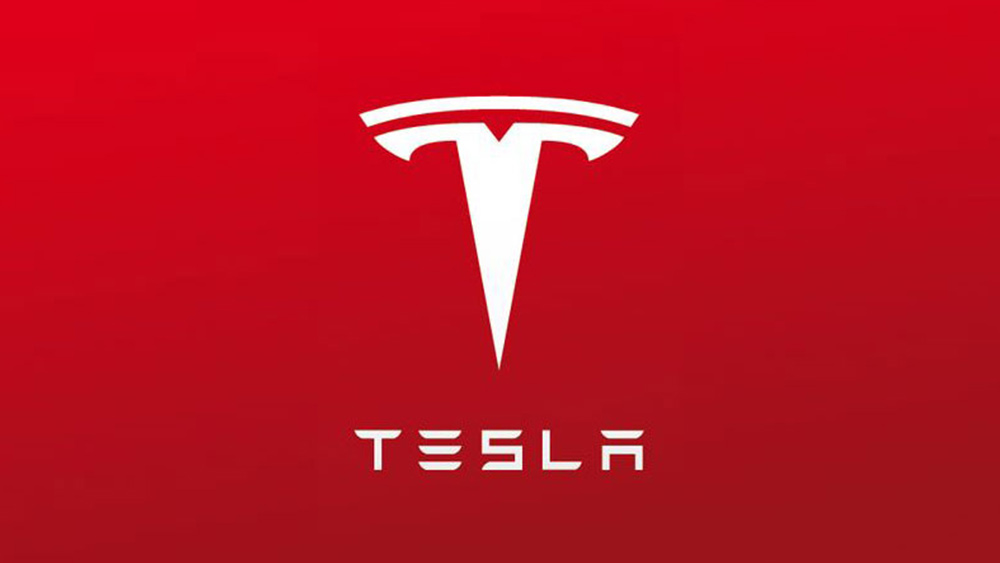


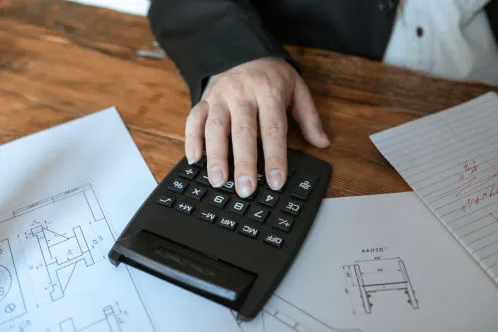
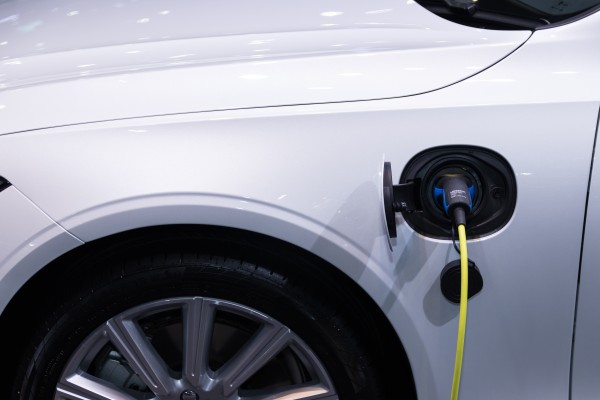
 USA (+1) 351-333-4748
USA (+1) 351-333-4748
